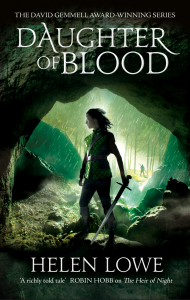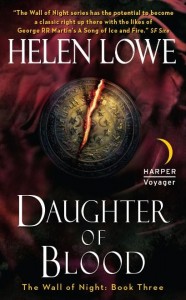The Dilemma of Research
In this week’s conversation about Daughter of Blood with friend and fellow writer, Mary Victoria, she raised the question of background research. In reply, I talked about how my research focus for this third book in The Wall of Night series focused on “sieges and related matters such as disease and medicine.”
All completely true and to find out more you should definitely check out the Q&A, here:
A Conversation with Mary Victoria
However, Mary’s question also got me thinking about the importance of research for historically-influenced fantasy fiction (which is the kind I write) — but also about its dangers.
The most profound being that having researched sieges and assaults, ancient and modern, and also looked into some of their related permutations such as disease, I was naturally eager to demonstrate that I had been duly diligent and KNEW ALL THE THINGS!
Do you see the pit yawning beneath my feet? Because although it was undoubtedly helpful for me in writing Daughter of Blood to “know all the things”, they didn’t necessarily all need to be in the story for the telling thereof to work and the tale to rock along. In fact, putting in too much research background can have the opposite effect and bog the storytelling—and reader experience—down.
In short, less is always more. I knew the time had come to cry quits when I found myself combing the manuscript for somewhere to insert a few sentences so readers would know beyond doubt that I “knew all the things” about necessary siege camp hygiene.
But here’s the thing: as I also remarked to Mary in a different context, the Derai have been a “people under arms” for millennia if not aeons so they know all about siege warfare and would automatically do whatever was required. So as author, I didn’t need to continually underline that point—particularly since it had already been traversed in The Gathering of the Lost and the character who is in command of the Daughter of Blood defense was also present during the earlier siege.
AKA there was no need to worry: I could be assured that through training and experience he would know everything he needed to do. And also rest assured that stories tend to rock along a lot more effectively if the minutiae of every aspect of the action is not canvassed in detail.
Sometimes, of course, it can be necessary for me to put the blow-by-blow in so I can get the sequencing of the action right in my own mind—but a very important of my work in the next draft is to remove anything that is not strictly necessary for the story to work.
So much as I may want readers to see that I have done my research and do indeed “know all the things”, the book will provide a much better reading experience, particularly in terms of pacing, if I don’t give in to that impulse.









